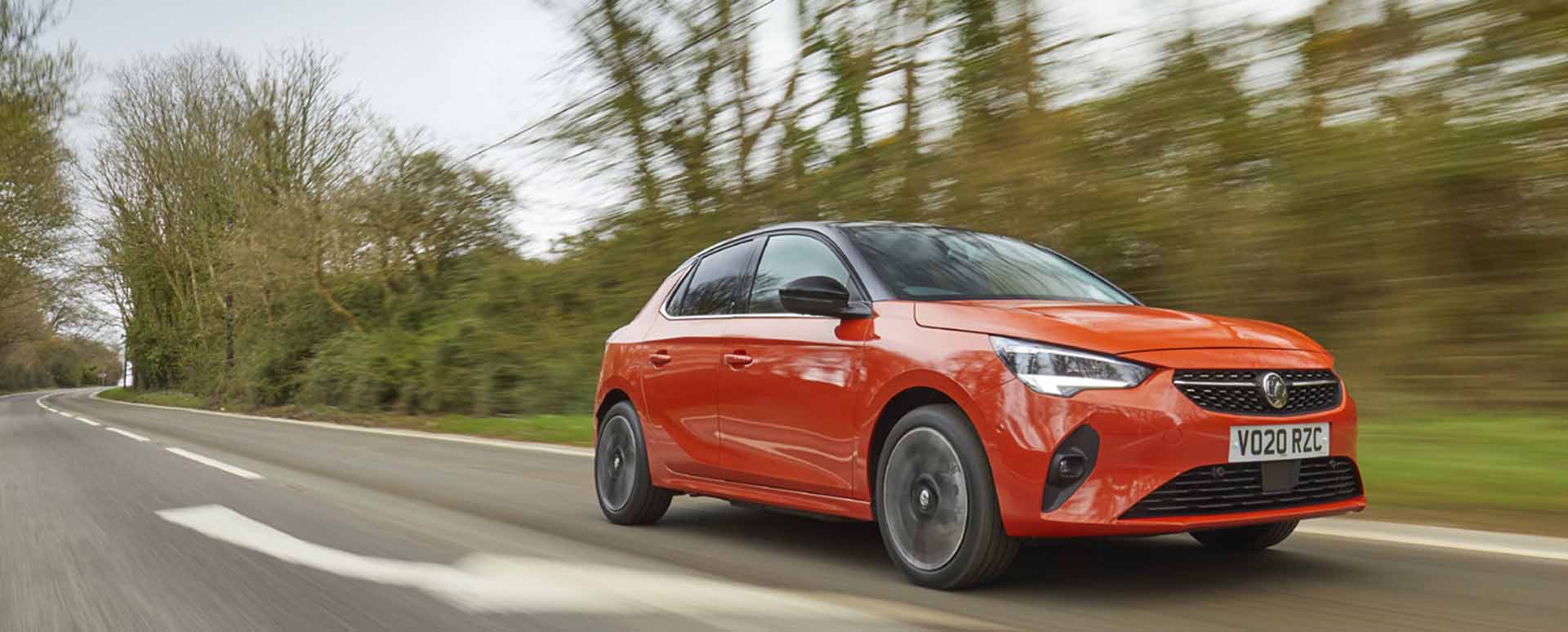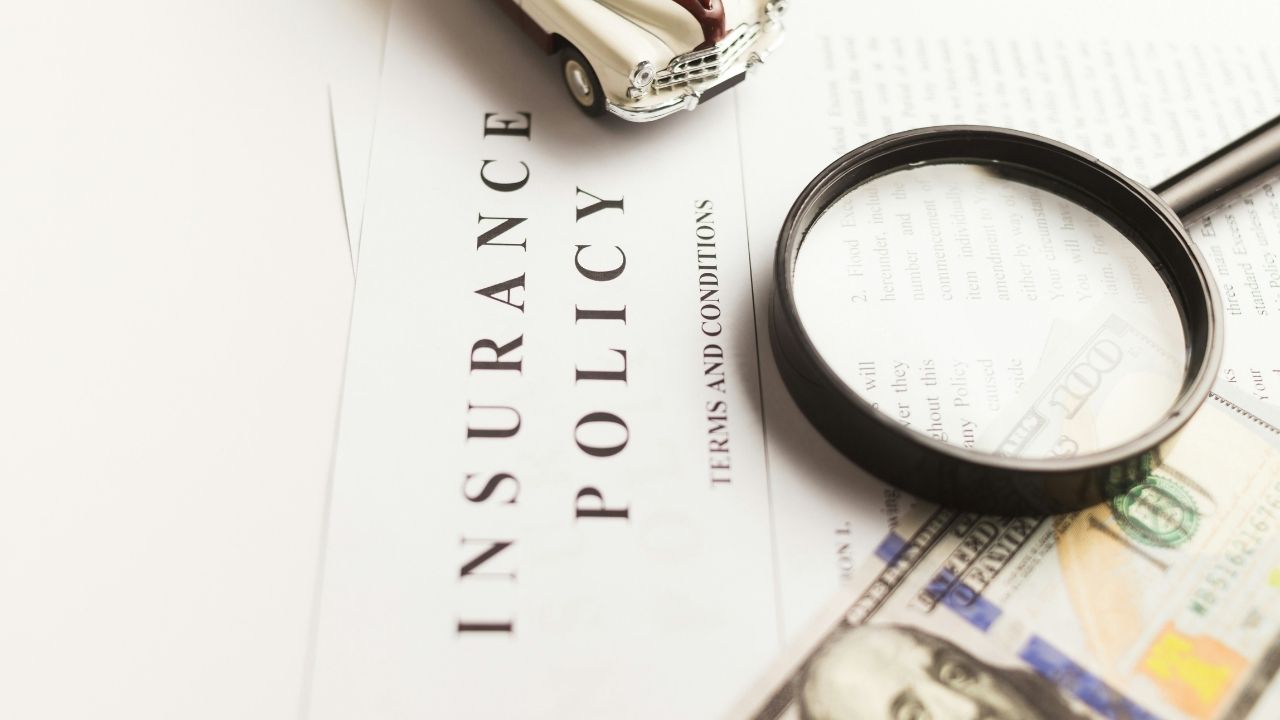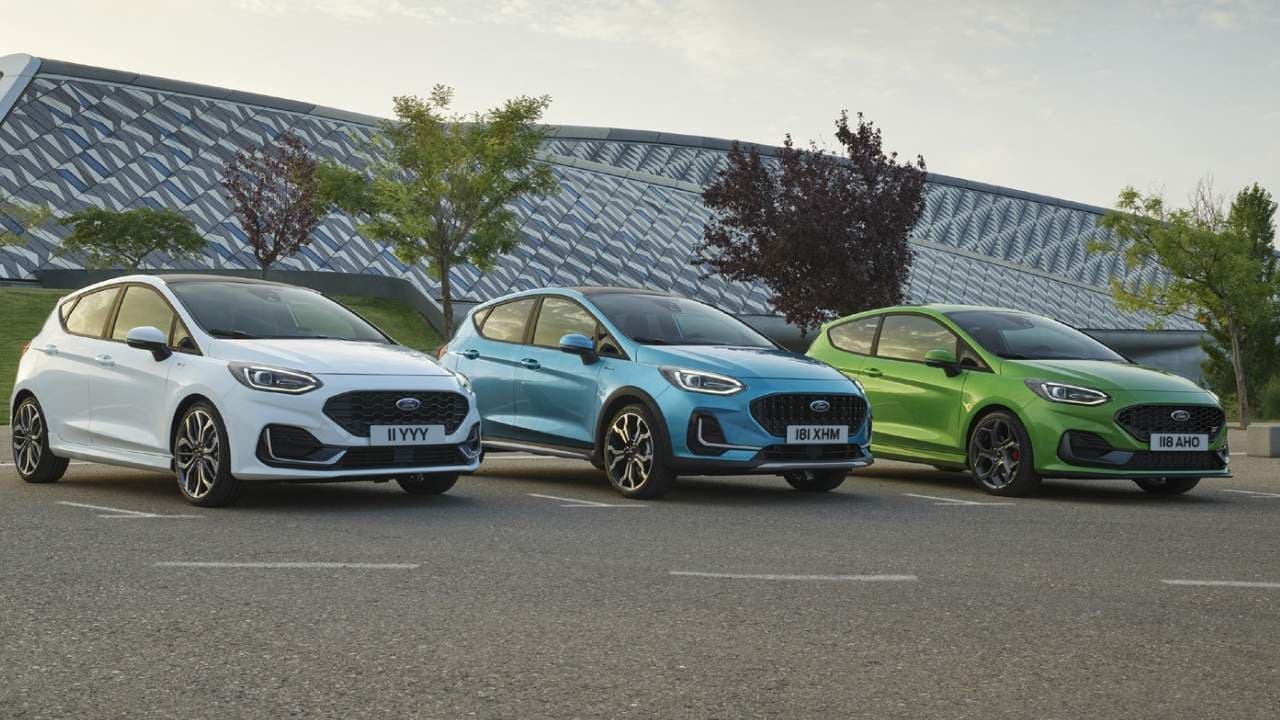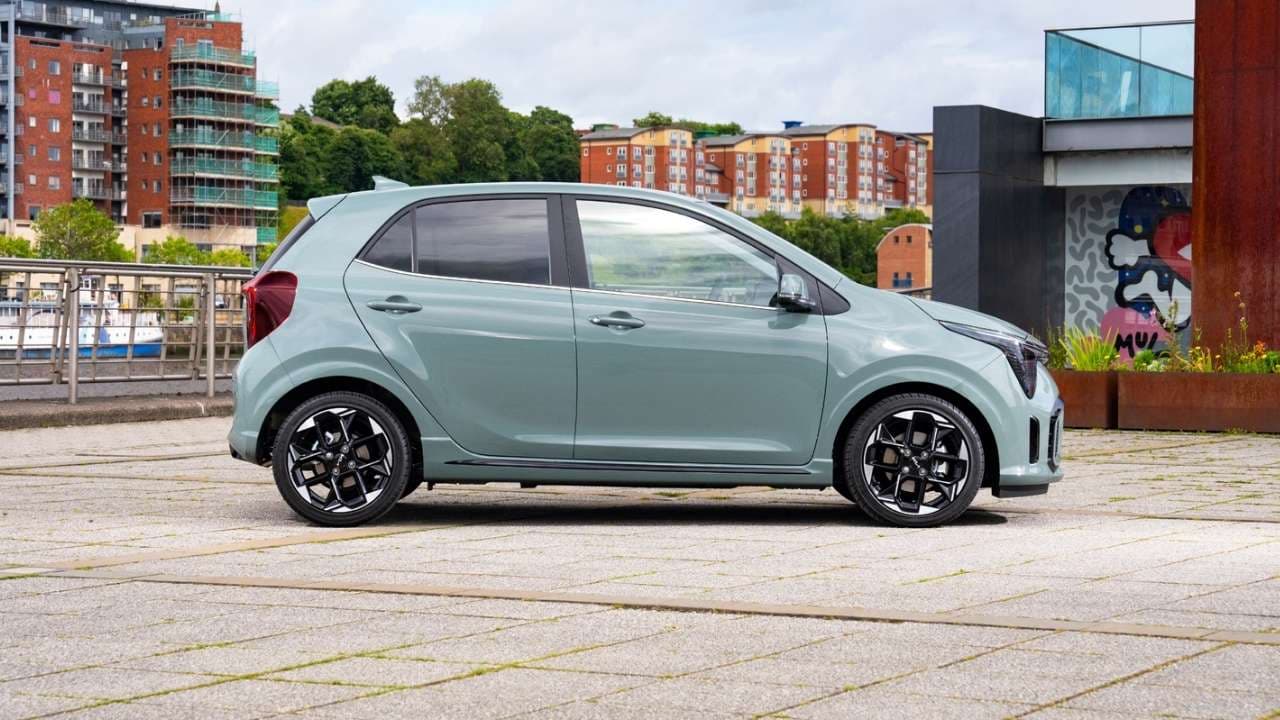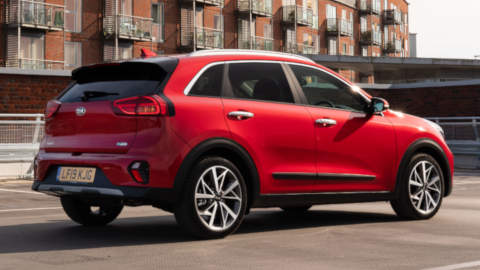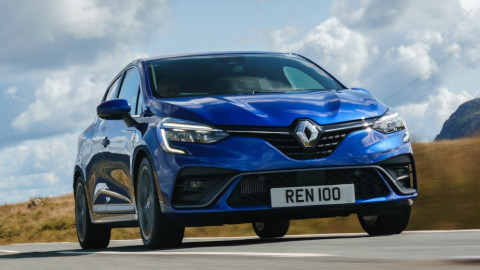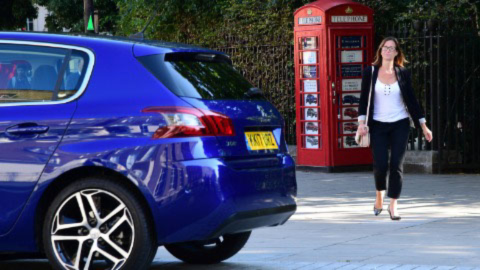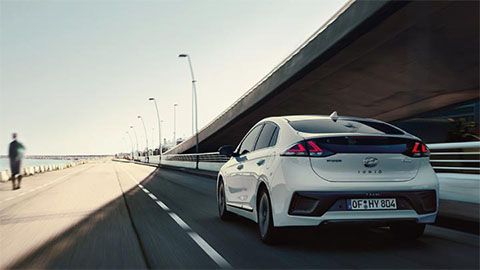Car Insurance Groups Explained: What Affects Your Rate?
02nd May 2025
It’s common to come across the term ‘car insurance group’ when researching a new vehicle, and you may have noticed it while comparing car insurance quotes.
A car insurance group helps insurance providers assess how much of a risk a vehicle poses, which directly affects the insurance premium you’ll pay. Multiple factors are taken into account when determining a car’s group rating, including the vehicle’s performance, safety features, repair costs, security systems, and overall market value.
Learn how the car insurance group system works, what influences your premium, and practical tips to lower your car insurance costs.
- What are car insurance groups?
- How do car insurance groups work?
- What are the cheapest cars to insure?
- What affects car insurance?
- Are electric vehicles cheaper to insure?
- How to get lower car insurance?
- Frequently Asked Questions
What are car insurance groups?
Every new vehicle is placed within an insurance group that ranges from 1 to 50 (group 1 is the lowest and 50 is the highest). Vehicles that are placed in lower groups are cheaper to insure on an annual basis, while those placed in the higher groups will cost more.
Essentially, if you plan on buying a car that is rare, fast or expensive (maybe all three) then you can usually expect to pay a higher premium because it's likely that car will be placed in a higher insurance group.
The group rating system has been put in place to help insurers calculate a premium for its customers. Although other factors affect the amount you pay (see below), the groups give insurers an established foundation to work from.
What do the letters mean in car insurance groups?
Providers also assign a letter after the insurance group number, which represents the vehicle's level of safety.
A: The car meets the set standards for its group.
D: The car has been placed in a higher insurance group because it doesn't meet the set requirements for its group.
E: The car has been placed in a lower insurance group because it exceeds the set requirements for its group.
P: Because the rating system was incomplete when the car was launched, the data for the car is only provisional.
U: The car has security that falls well below requirements. The car could still be insured, but the provider may ask you to fit upgraded security features.
G: The car has been imported. Imported vehicles are classified into two groups: parallel imports and grey imports. Parallel imports have been legally brought to the country and the vehicles comply with local regulations, whereas grey imports may not comply with national regulations, which makes it harder to insure.
How do car insurance groups work?
Insurance providers use Vehicle Risk Ratings (VRR) to assess the level of risk associated with a specific model and manufacturer. These ratings vary from 1 to 99, and they influence insurance premiums and vehicle safety evaluations.
There are currently six categories used in VRR, including:
Performance: Faster cars are typically more challenging to drive than the average family hatchback, which is why performance figures are taken into account.
Damageability: This criterion assesses how easily a vehicle can be damaged in a collision or accident. Cars that are more prone to damage from minor impacts cost more to repair, increasing insurance costs.
Repairability: This measures how easy and cost-effective it is to repair a vehicle. Cars that require specialist parts or tools increase the claim costs for insurance providers.
Safety: Vehicles with high Euro NCAP safety ratings and advanced safety technologies (e.g. autonomous emergency braking) are less likely to result in injury claims.
Security: This category assesses how difficult it is to steal or break into a vehicle. The more secure the car, the lower its insurance group is likely to be.
What are the cheapest cars to insure?
There's no textbook answer for this one because there are a variety of cars that occupy the lowest insurance groups.
Typically, vehicles that were relatively inexpensive new and don't have much in the way of performance are the least expensive to insure. We've highlighted some of our most popular models that occupy low insurance groups below.

Ford Fiesta
Efficient, compact hatchback with great handling and low insurance costs.
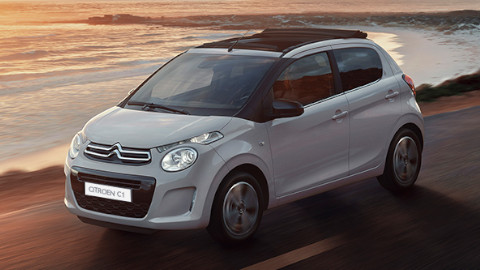
Citroën C1
Compact city car that offers low running costs; it’s easy to park, and has affordable insurance.

Hyundai i10
Entry-level models fall into insurance group 4, making premiums relatively low.

Kia Picanto
Stylish and reliable city car with low insurance costs, ideal for new drivers.
What affects car insurance?
It's worth remembering that just because a car occupies a higher insurance group, doesn't automatically mean that your annual premiums are going to be high.
There are several other factors insurance providers take into account when providing a quote:
- Driver age: We've all seen stories in the news of young drivers who have been quoted extortionate prices. The reason for this is that younger drivers have no experience and are statistically more likely to get involved in an accident.
- Location: Some locations in the country have more reports of theft and vandalism compared to others, which typically results in higher premiums for motorists living in those areas.
- Driving history: Insurance companies take into account any accidents or incidents you've been involved in within the recent past. If you have previous claims or a driving conviction, then that will reflect in your premium.
- Occupation: Some occupations and industries are higher risk than others, which can translate into a higher premium.
Are electric vehicles cheaper to insure?
A lot of people assume that electric vehicles (EVs) are cheaper to insure; the reality is often the opposite. While the exact insurance group an EV falls into depends on the manufacturer and model, insuring electric cars is usually more expensive.
This is mainly because EVs tend to have higher maintenance costs, requiring specialised technicians and expensive parts. A major contributing factor is the cost of replacing the battery, which is both fragile and prone to damage, even in minor accidents.
That said, EVs carry a lower risk of catching fire, as they don’t use flammable fluids like petrol or diesel. Additionally, some insurance providers offer discounts for low-emission vehicles, which can help offset the higher base premium.
How to get lower car insurance
As with any insurance quote, there will always be factors you can't influence. For example, you're unlikely to move house or change career just to save £100 annually.
However, there are some changes you can make that may help lower your premium.
- Voluntary excess: This is how much you would be willing to pay towards a claim before the insurer covers the rest. The more you're willing to contribute, the lower your annual premium will be.
- Named drivers: If you're a younger driver, then adding another driver with a wealth of experience and a clean history could lower your premium.
- No claims bonus: The longer you've gone without claiming on your insurance, the lower your premium will be. This is worth considering if you do some minor damage to your car, as it may work out cheaper in the long run to complete the repair privately.
- Drive less: The miles you travel in the car directly correlate to the amount you pay for your insurance. If you can, lower your policy's annual mileage and look to other modes of transport.
- Pay annually: Although there's nothing wrong with paying for your premium on a monthly basis, insurance providers will typically charge interest for the privilege. We recommend paying annually if you have the means.
- Car storage: Where you keep your car has an effect on your premiums. So if you have an unused garage that can house the car, it could help you save money.
Frequently Asked Questions
There are a total of 50 insurance groups. The lower the insurance group your car is in, the cheaper your annual premium will be, whereas vehicles in higher groups will cost more to insure.
The lower the insurance group, the cheaper your annual premium will be. Therefore, cars that occupy groups between 1 and 5 should be the cheapest to insure.
There's no definitive answer for the price difference between car insurance groups, because it depends on a number of other factors such as your address, age, experience and driving history.
Learn more about driving with Evans Halshaw
There are many factors that determine which insurance group a vehicle will be placed in. It’s important to consider the vehicle’s age, security features, and performance before committing.
At Evans Halshaw, we offer an extensive range of both new and used that may suit your lifestyle. Please contact your nearest Evans Halshaw dealership for more information or to arrange a test drive. Alternatively, you can visit our blog, where you’ll find more information and helpful guides on buying and selling vehicles.

